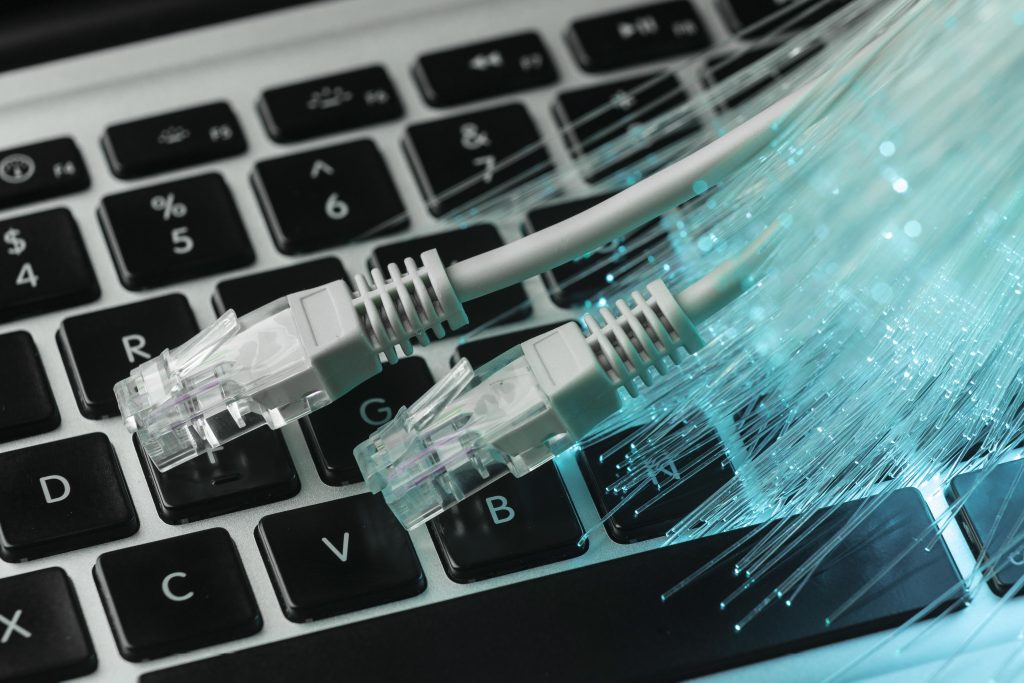Ethernet wins in raw security, but Wi-Fi can compete with the right setup
While Ethernet remains harder to intercept, a well secured Wi-Fi network with strong encryption and updates can be nearly as safe.

The way you connect to the internet matters, not just the speed, but also your privacy and security. That’s the main takeaway from a recent Fox News report comparing Ethernet and Wi-Fi security.
At its core, Ethernet is inherently more secure in many scenarios because it requires physical access. Data travels along a cable directly to your router, reducing risks of eavesdropping or intercepting signals mid-air.
Wi-Fi, by contrast, sends data through the air. That makes it more vulnerable, especially if a network uses weak passwords or outdated encryption standards. Attackers within signal range might exploit poorly secured networks.
But Ethernet isn’t a guaranteed fortress. The Fox article emphasises that security depends largely on your entire setup. A Wi-Fi network with strong encryption (ideally WPA3), robust passwords, regular firmware updates, and a well-configured router can approach the network security level of wired connections.
Each device you connect, smartphones, smart home gadgets, IoT sensors, increases your network’s exposure. Wi-Fi amplifies that risk since more devices can join wirelessly. Ethernet limits the number of direct connection points, which reduces the attack surface.
In short, Ethernet gives you a baseline security advantage, but a well-secured Wi-Fi network can be quite robust. The critical factor is how carefully you manage your network settings and devices.
Would you like to learn more about AI, tech and digital diplomacy? If so, ask our Diplo chatbot!

![AI shorts #22 The AI bubble and circular finance [Deep Dive]](https://i.ytimg.com/vi/bldD2B8YCaA/sddefault.jpg)